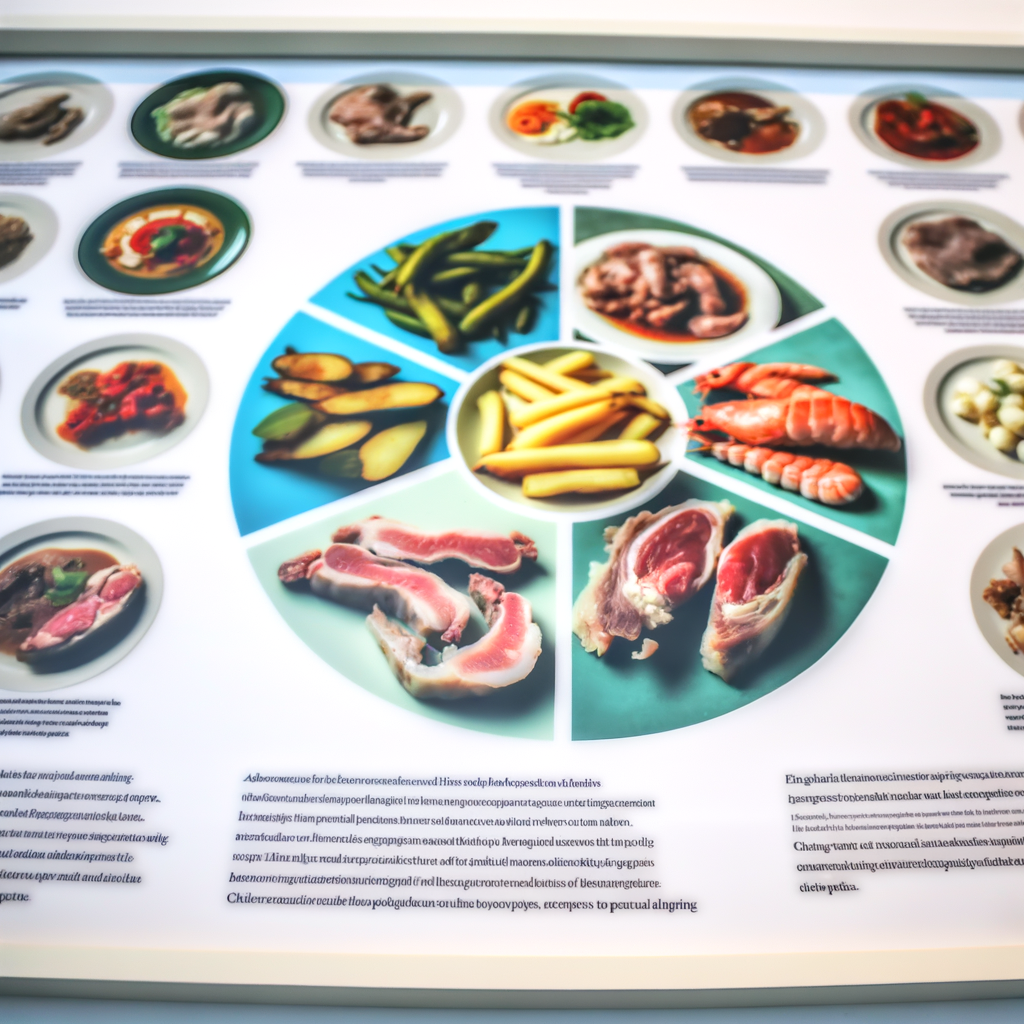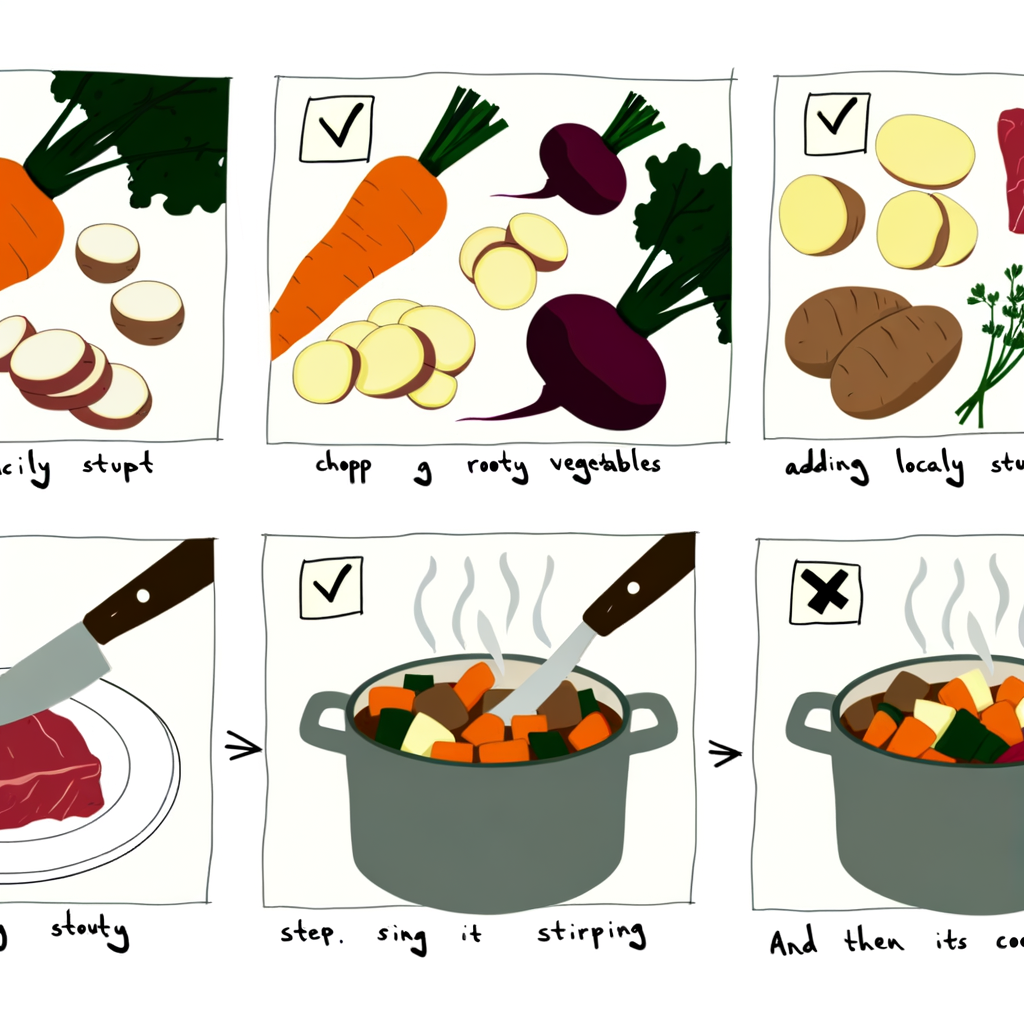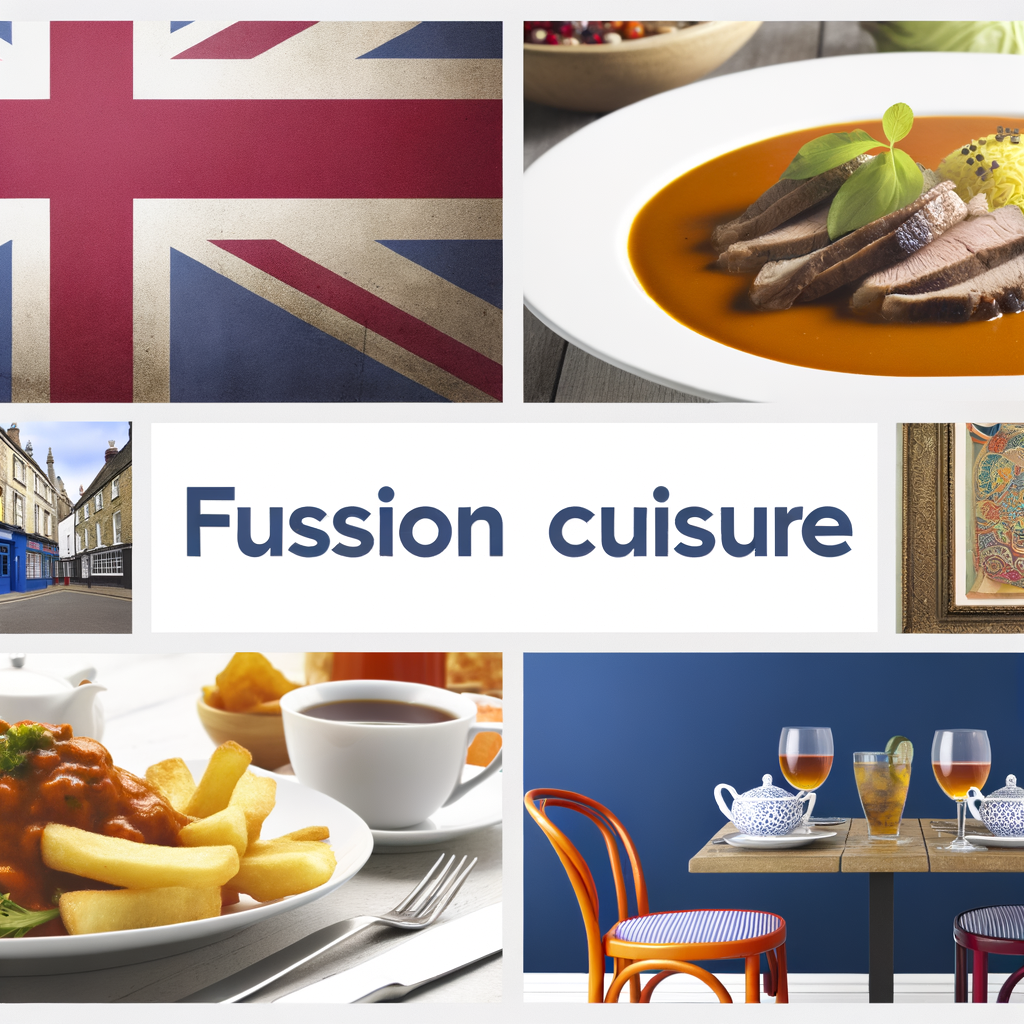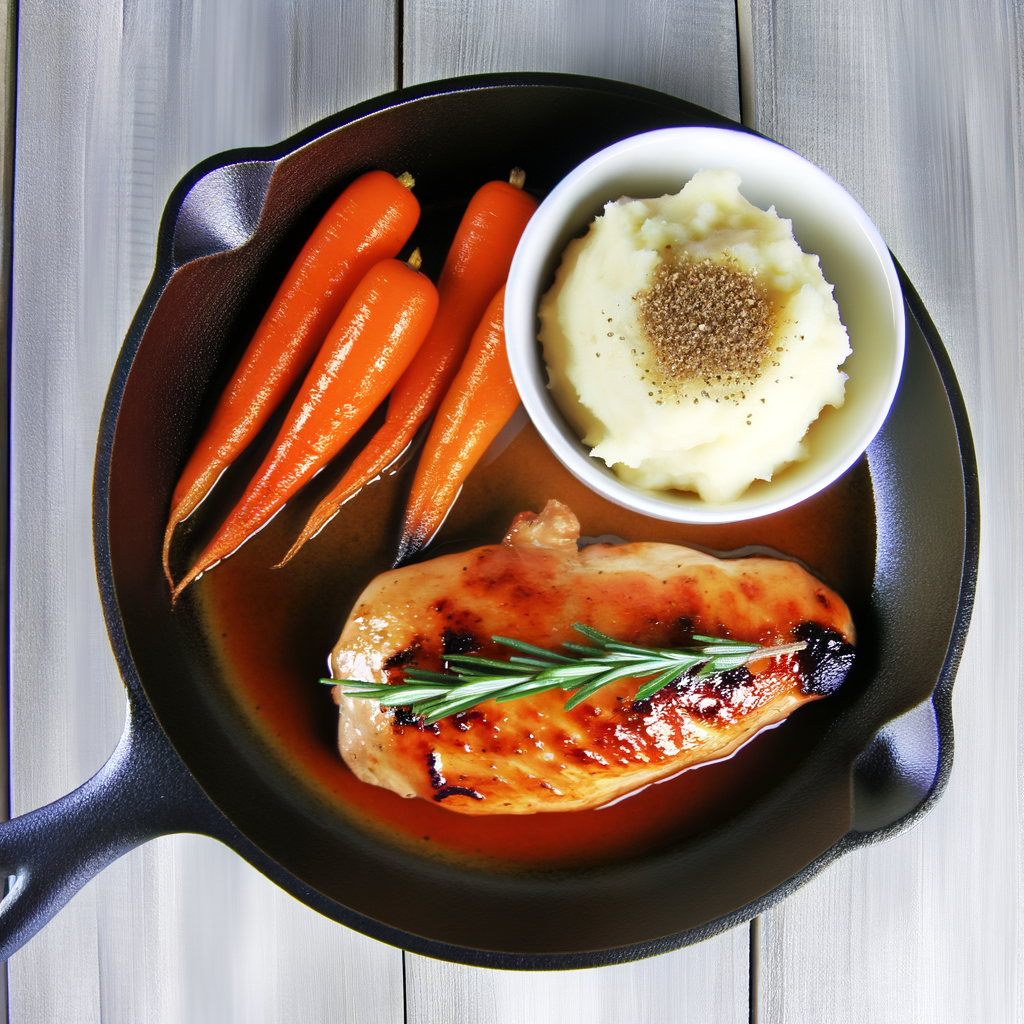British cuisine is often stereotyped as bland and unappetizing, but that couldn’t be further from the truth. In fact, British food culture is a rich tapestry of flavorful ingredients and diverse influences. As an expert chef, I have had the privilege of exploring the depths of British gastronomy and uncovering its hidden gems. One of the key components of British cuisine is proteins, which play a crucial role in both traditional and modern dishes. From hearty stews to elegant seafood dishes, proteins are the star of the show. But what exactly makes British proteins so special?
First and foremost, British proteins are known for their high quality and freshness. With access to some of the best farmland and fishing waters in the world, British chefs have an abundance of fresh, locally-sourced proteins at their fingertips. This not only ensures the best taste and texture, but also supports sustainable and ethical practices in the food industry.
In addition to their freshness, British proteins also offer a wide variety of flavors and textures. From the rich and creamy texture of Scottish salmon to the gamey and earthy taste of venison, there is something for every palate. British cuisine also embraces the use of offal and other unconventional cuts of meat, adding depth and complexity to dishes.
Finally, British proteins are a reflection of the country’s diverse cultural influences. With a history of colonization and immigration, British cuisine has been greatly enriched by the flavors and techniques of other cultures. This can be seen in dishes such as chicken tikka masala, which has become a British national dish despite its Indian origins.
In conclusion, proteins are a vital component of British cuisine, offering freshness, variety, and cultural diversity. As an expert chef, I am proud to showcase the role of proteins in British food culture and hope to inspire future generations to continue this culinary legacy.





